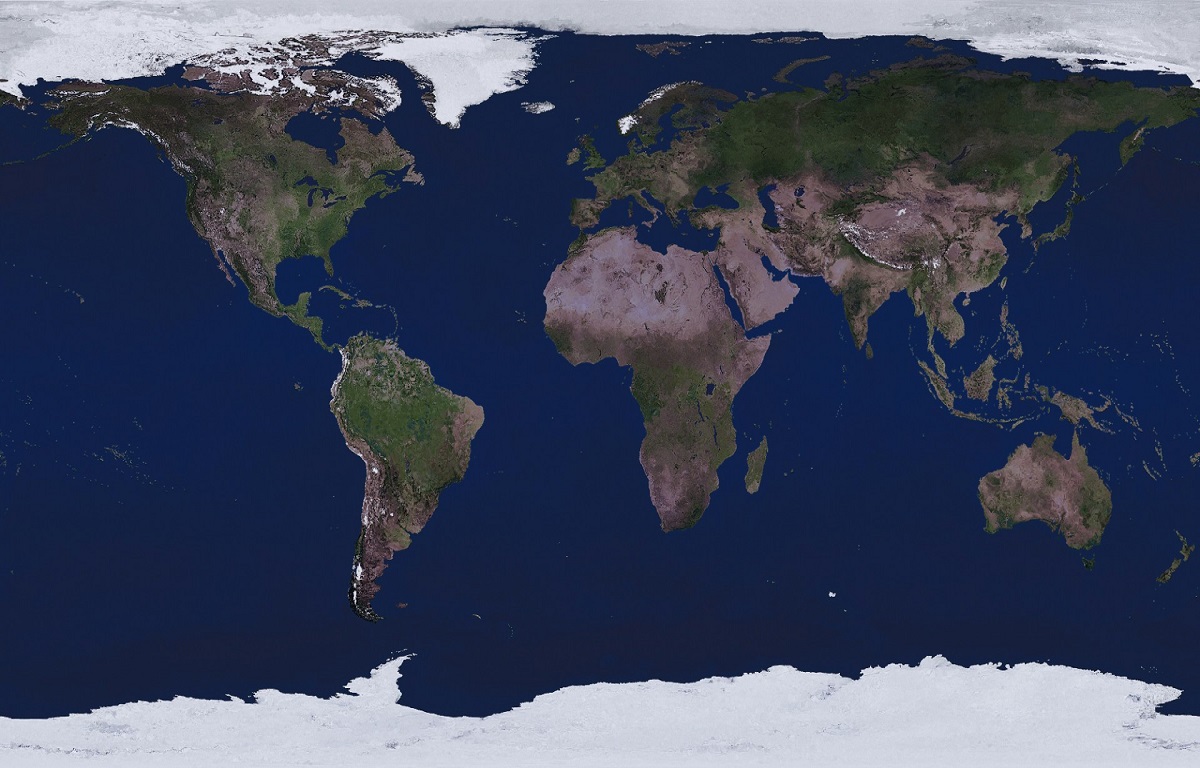In its first week in the Oval Office, the Trump administration issued several executive orders (“EOs”) and presidential memorandums. Of 17 executive actions, at least five deal directly with foreign policy, with an additional three on national security and the military. Out of all the noise generated by these actions, one thing rings crystal clear: we need to rally behind recognizing human rights for all people. Civil society must stand together to tell our leaders: We will no longer turn a blind eye to the abuse of any person’s rights.
Several of President Trump’s actions are inciting protests in the U.S. The loudest and most definitive response is to the EO on visa and refugee programs, which orders suspension of travel from seven countries for a 90-day period. (This order included green card holders, though it now is unclear whether the White House has reversed itself on the issue.)
On Saturday, lawyers from the American Civil Liberties Union and other organizations, as well as unaffiliated lawyers looking to lend a hand, descended on airports around the country to file emergency habeas petitions. The petitions sought to stop the deportation of travelers from the banned countries from being held in airport detention centers. Despite several court orders staying parts of the EO, as of Sunday many people were still being detained and deported as White House officials, in an unprecedented move, questioned the reach of the valid court orders. This has created a “constitutional crisis” in which the three branches of the U.S. government are expressly at odds with each other. It has now resulted in the removal from office of the acting U.S. attorney general, who refused to defend the travel ban.
The Trump administration’s actions were not unexpected, coming in the wake of the Obama presidency when the limits of what could be accomplished by executive order without congressional action were stretched. President Obama also left his successor with another legacy: an incredibly well-resourced, well-funded, and powerful surveillance apparatus with authority to conduct nearly unfettered surveillance of innocent individuals outside the United States. In fact, in the closing weeks of 2016, the Obama administration blessed an update to immigration forms authorizing U.S. Customs and Border Protection to ask foreign travelers for their social media identifiers at the border. Access Now fought hard against the change, and helped thousands of people submit comments opposing the plan, but the government went ahead and did it anyway. And now the Trump administration may up the ante, not just asking for but requiring the provision of this information before entry, on the threat of deportation.
What we see demonstrated in these actions is disregard for the human rights of anyone outside the United States. It happened under Obama, and it’s continuing under Trump. It won’t stop until every one of us takes action to oppose it.
We are all entitled to human rights. These rights cannot be granted, nor repealed, by any act of government. There are several documents that attempt to set out non-exhaustive lists of rights, including the International Covenant on Civil and Political Rights and the International Covenant on Economic, Social, and Cultural Rights. Importantly, these are fundamental rights that apply equally to all individuals, regardless of race, religion, gender, sexual orientation, national origin, or any other construct that people use to create classes of “us” and “them.”
Despite this, the U.S. in fact treats people from the rest of the world as if they have no human rights, while often publicly lecturing other countries about how important they are. It’s true that President Obama signed Presidential Policy Directive 28, which recognizes that people outside the U.S. have privacy “interests.” But that is a far cry from overturning the longstanding U.S. policy of only giving effect to international human rights instruments so far as they apply to “U.S. persons” — either citizens or permanent residents.
We cannot allow this policy to stand.
Failure to recognize the human rights of people across the globe is, in a word, dehumanizing. When the U.S. says that only its own citizens deserve to have their rights protected, it argues that people in the rest of the world are, to some extent, less than human. This is the very heart of “exceptionalism,” and it’s been shown to trigger international conflict and may actually encourage more people toward extremism. And it is exactly this stance that gives people license to discriminate en masse against entire classes of individuals, such as refugees — men, women, and children who are desperately fleeing hostile war zones. It is because we don’t recognize human rights outside our borders that the U.S. is able to conduct indiscriminate mass surveillance globally. This negatively impacts the human rights of people everywhere who will never pose any risk to the U.S. or its allies.
We need extensive reform of U.S. policy to turn the boat around on human rights. But we’re not there yet. Right now, as we watch with deepening horror and sadness, people are being robbed of their fundamental human rights as they attempt to enter the U.S. They face deportation, violence, human rights abuses, even death. Access Now stands with the vulnerable, in defense of their rights and freedoms. We support immediate vacation of the executive order on visas and refugees. We will continue our fight for a world that explicitly recognizes the human rights of all people. We hope you will stand with us on both counts.
